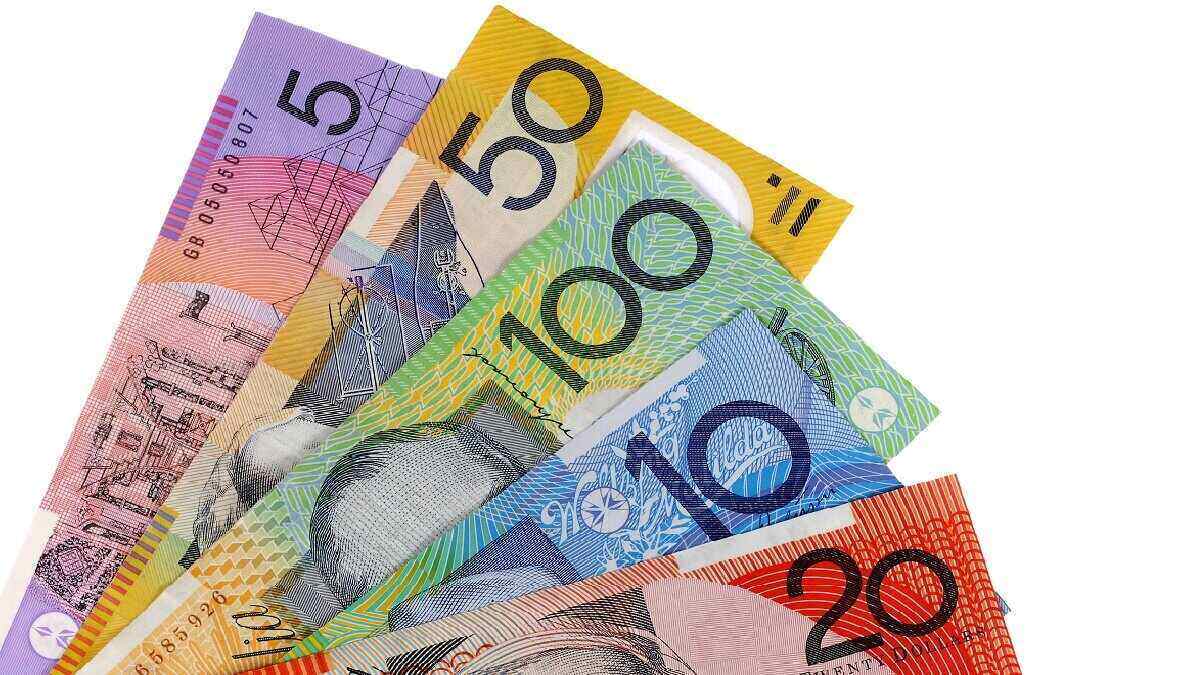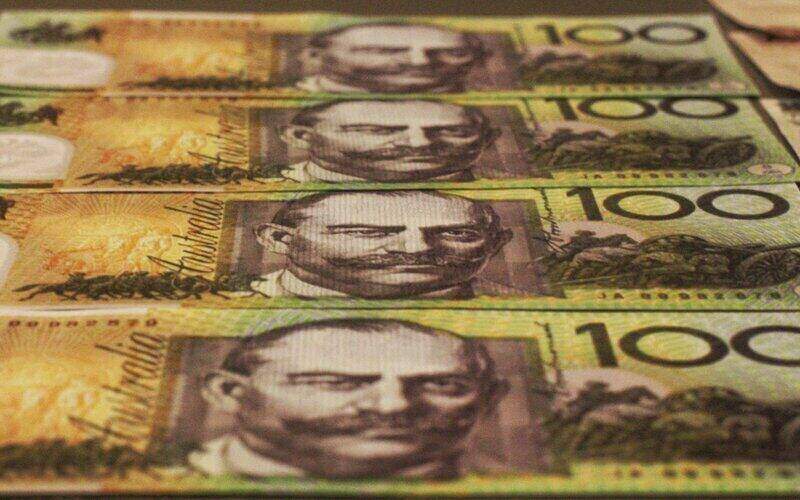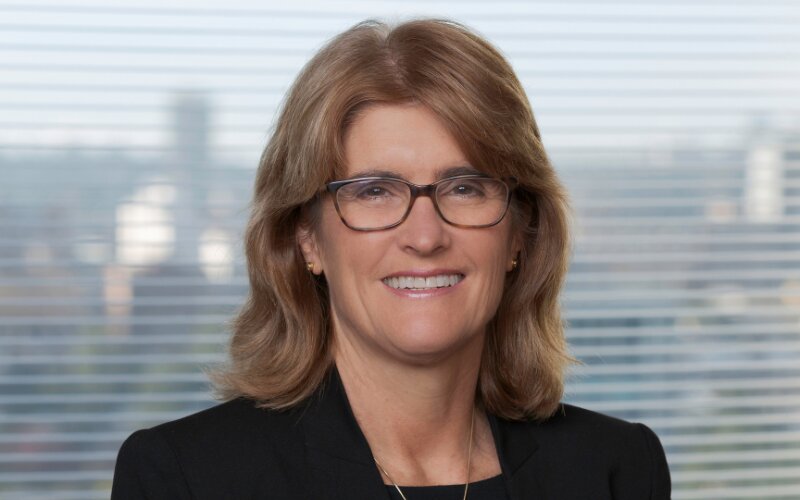The Reserve Bank of Australia (RBA) board chose to keep the cash rate at a 12-year high at its March meeting.
The central bank's board said higher interest rates are working to tame inflation, and the labour market is still tight.
However, it believes inflation won't sustainably return to its targeted band of 2% to 3% for "some time yet".
It also noted that wage growth has likely peaked, following an uptick in the December quarter, but that productivity is still too low for its liking.
"The board needs to be confident that inflation is moving sustainably towards the target range," it said in a statement.
"To date, medium-term inflation expectations have been consistent with the inflation target and it is important that this remains the case.
"The path of interest rates that will best ensure that inflation returns to target in a reasonable timeframe remains uncertain and the board is not ruling anything in or out."
RBA Governor Michele Bullock fronted a press conference following the announcement.
“We’ve seen overseas that it can be a bumpy ride when it comes to inflation,” she said.
“We still have to get inflation down, and the risk of achieving that is finely balanced.
“The war isn’t yet won.”
The move, or lack thereof, won’t come as a shock to many.
Economists and market-watchers alike have been in agreeance that the March meeting would be a non-event for some time, with only 5% of ASX traders anticipating a change.
Those that did expect a change were forecasting a rate cut, highlighting the expectation that rates have now peaked.
That’s likely good news for mortgage holders.
The cash rate exhibits a major influence on interest rates, which the Consumer Action Law Centre recently warned are increasingly strangling Aussie homeowners.
However, most borrowers appear to be successfully battling higher interest rates for now.
Loan arrears remain below historical averages, despite the number of Aussies falling behind on their repayments by between 30 and 89 days climbing 50% in the year to December, according to the latest APRA data.
“After lifting interest rates 25 basis points in November 2023, the Reserve Bank hit pause on its rate hiking cycle, holding the cash rate steady in December, February, and again today, at 4.35%,” PropTrack senior economist Eleanor Creagh said.
“This sustained pause reflects the continued easing of inflation pressures while the economy, businesses, and consumers are adjusting to the full impact of significant interest rate tightening delivered since May 2022.”
The data flow has been streaming in the RBA’s direction so far this year.
The two big markers it looks for, inflation and unemployment, have been closing in on the central bank’s forecasts.
Quarterly inflation has cooled to 4.1% on an annual basis, while the unemployment rate came in at 4.1% for January.
Not to mention, the Aussie economy ended last year on yet another subdued note.
The latest quarterly Statement on Monetary Policy (SOMP) revealed what the RBA predicts the key economic reads will do in the coming months:
|
RBA forecasts |
Jun ‘24 |
Dec ‘24 |
Jun ‘25 |
Dec ‘25 |
Jun '26 |
|
Unemployment (quarterly) |
4.2% |
4.3% |
4.4% |
4.4% |
4.4% |
|
CPI |
3.3% |
3.2% |
3.1% |
2.8% |
2.6% |
The RBA aims to keep core inflation within the realms of 2% to 3% on an annual basis – a target it hit for only eight quarters over the decade to December.
Unlike in previous years, the RBA board will meet just eight times in 2024, with upcoming meetings in May, June, August, September, November, and December.
When will the RBA cut the cash rate?
Without a crystal ball, it's impossible to say when the RBA will next move the cash rate, or whether that move will be a hike or a cut.
However, many experts have had a stab.
Economists at CommBank and Westpac believe the board will start to cut interest rates from September.
Those at NAB and ANZ, meanwhile, are forecasting a cut in November.
Ms Bullock told media on Tuesday that she will not be providing forward guidance.
She noted that upcoming political occurrences, like the stage three tax cuts and the 2024-25 federal budget, have been factored into the central bank's forecasts.
She said the RBA will be following the data flow closely and the cash rate will be shifted accordingly.
First published on March 2024
Image by kstudio on Freepik



 Denise Raward
Denise Raward

 Harry O'Sullivan
Harry O'Sullivan
 Harrison Astbury
Harrison Astbury
 Brooke Cooper
Brooke Cooper

